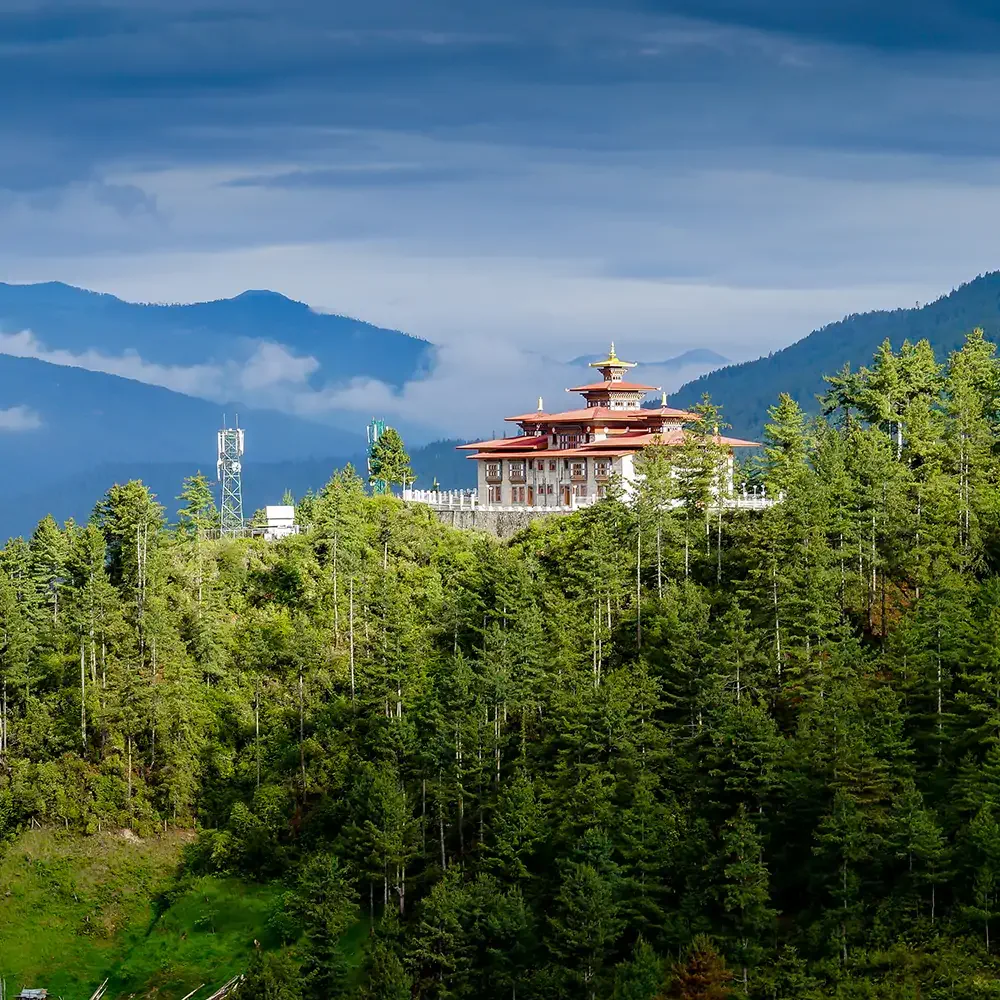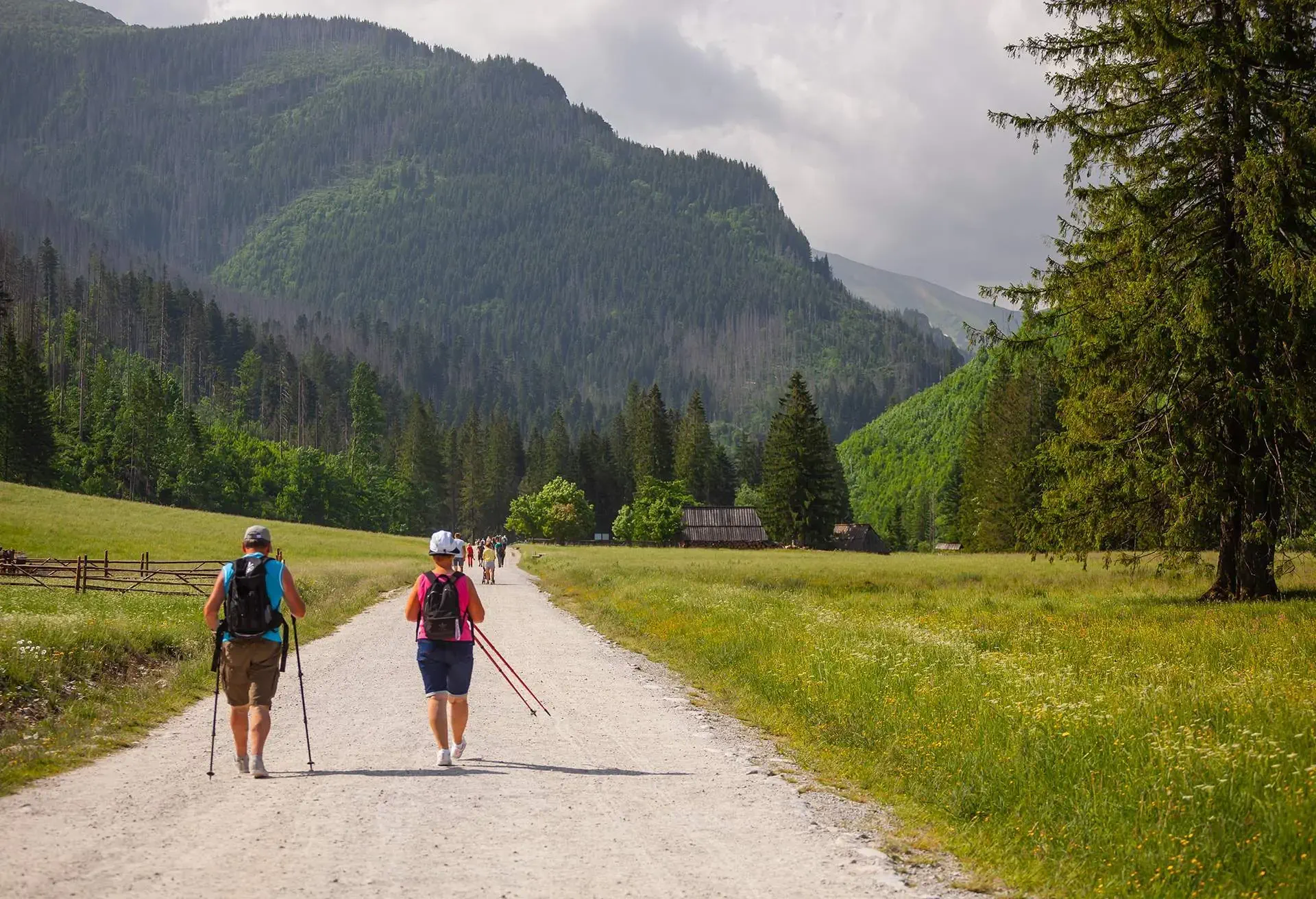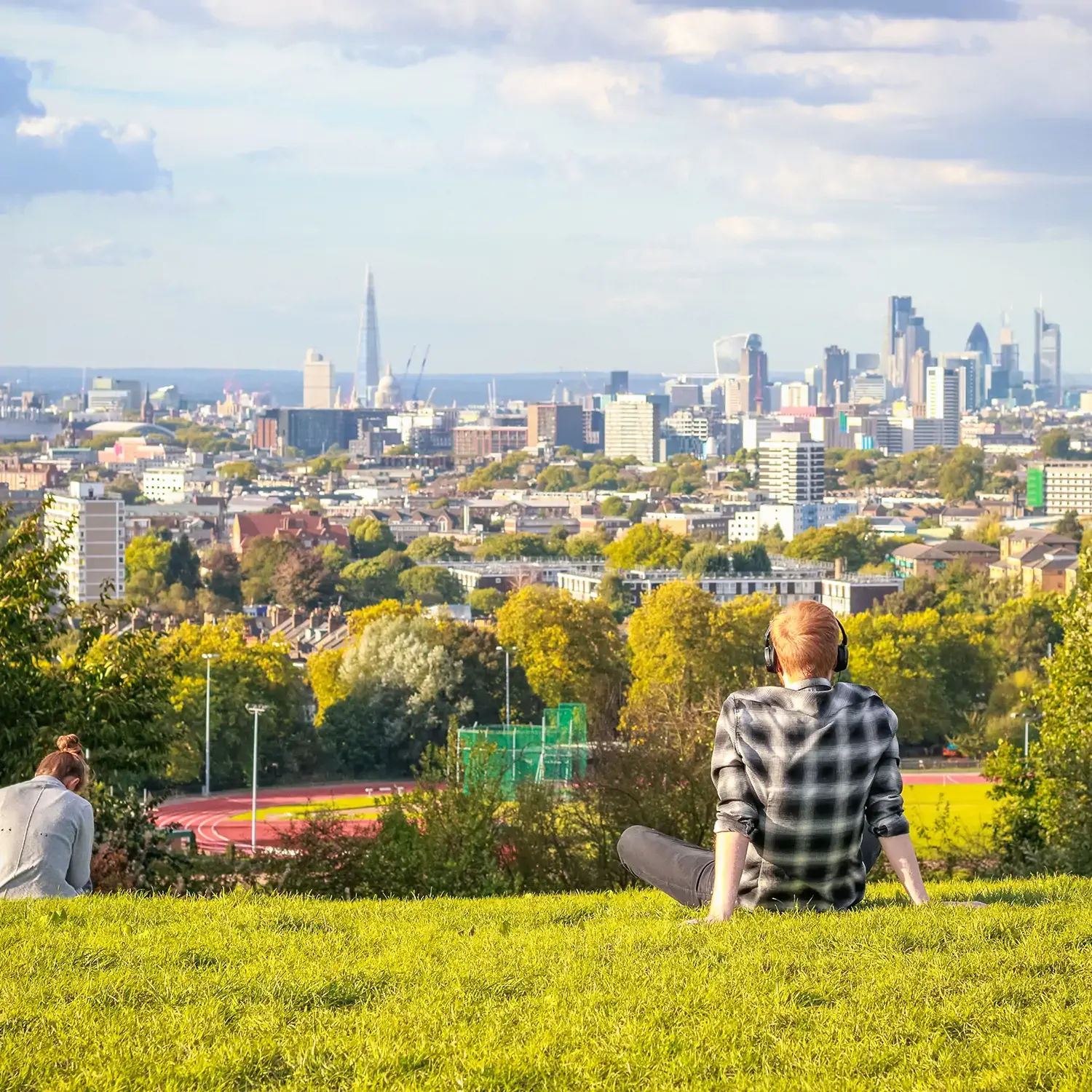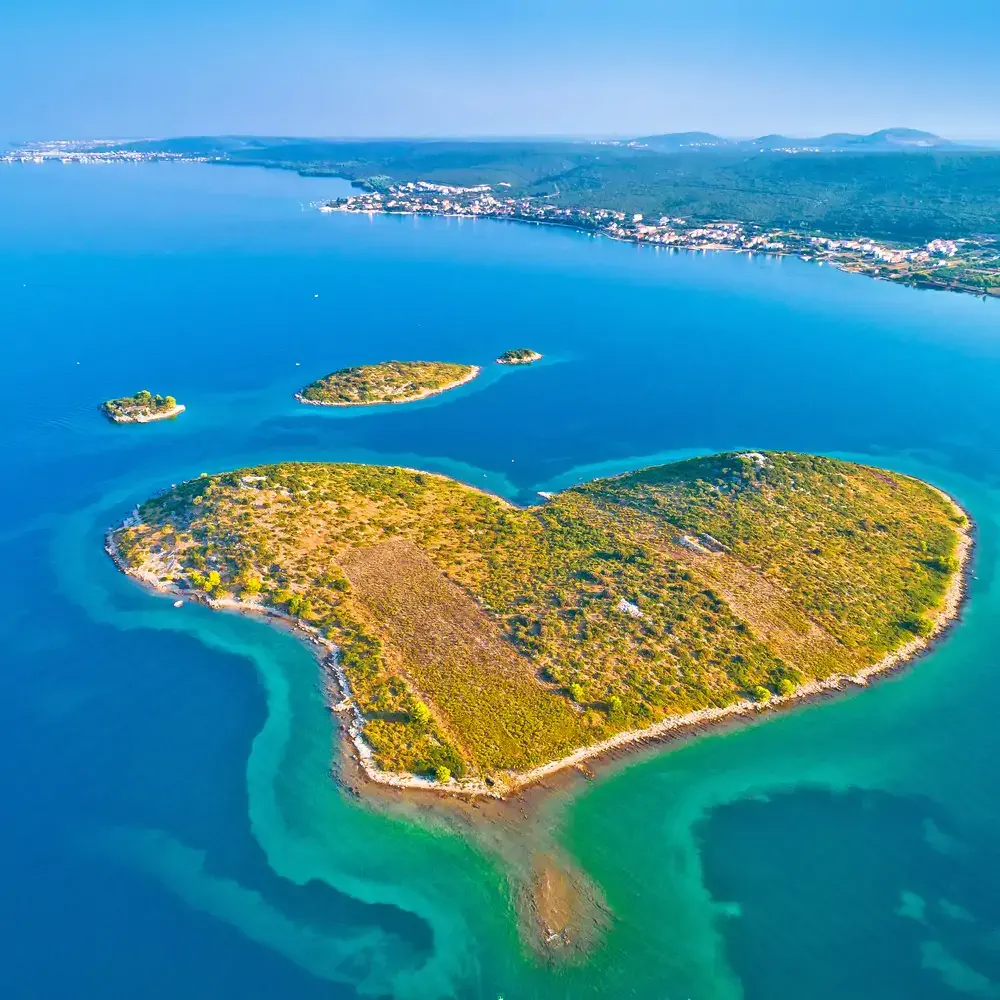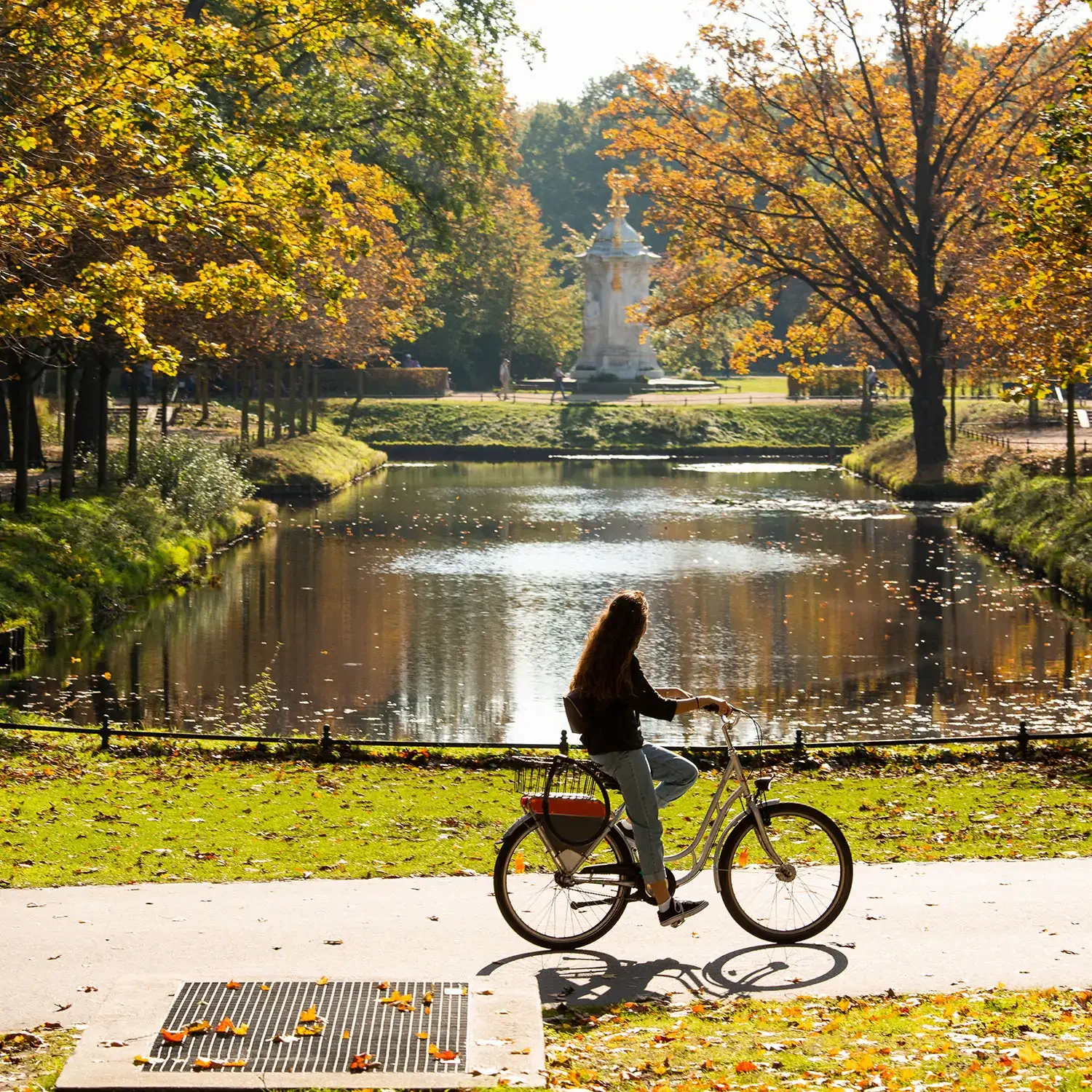Sustainable travel is gaining a lot of attention currently, and at times it can be quite confusing exactly what it means.
Sustainability encompasses all activities, that according to the United Nations, “meet the needs of the present without compromising the ability of future generations to meet their own needs”. In order to address the global challenges of poverty, inequality, climate change, environmental degradation, peace and justice, the United Nations has created an interconnected framework of 17 goals. Many of these goals can be applied to travel and tourism.
Countries around the world have different ways of tackling these challenges. We’ve put together a list of 10 countries that are each doing something extraordinary to address issues such as overtourism, plastic consumption, air quality, territory conservation, biodiversity, carbon emissions, food waste and sustainable farming.
Singapore – a nation of sky gardens
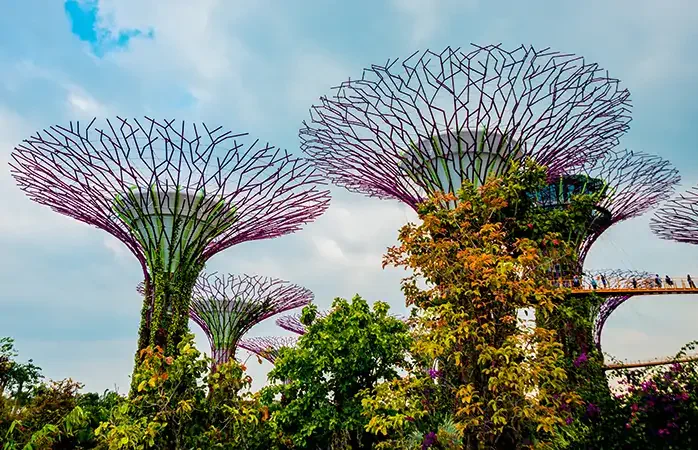
Beautiful, impressive and sustainable: Singapore’s sky gardens
Singapore has been struggling with poor air quality for a while now. Add to that the fact that it’s the world’s third most densely populated country, which means green areas are in high demand.
In order to respond to these challenges, Singapore made it a requirement to include plant life and green areas every time new developments are commissioned. That’s how Gardens by the Bay aka the sky gardens were born. Designed to resemble huge trees (ranging from 25 to 50m), these high-tech structures have been designed to collect solar energy to power a nightly light show, plus their trunks are lined with vertical gardens, laced with more than 150,000 living plants.
Singapore’s goal is to create a model of “liveable density”, which translates into interspersed parks, rivers and ponds amid high-rises to create an illusion of space. Other initiatives include connecting parks via a network of bridges that make it easy for locals to cycle and hike, and affordable public rail networks to reduce traffic congestion.
Read more: best places to visit in Asia
Rwanda – crusader against plastic bags
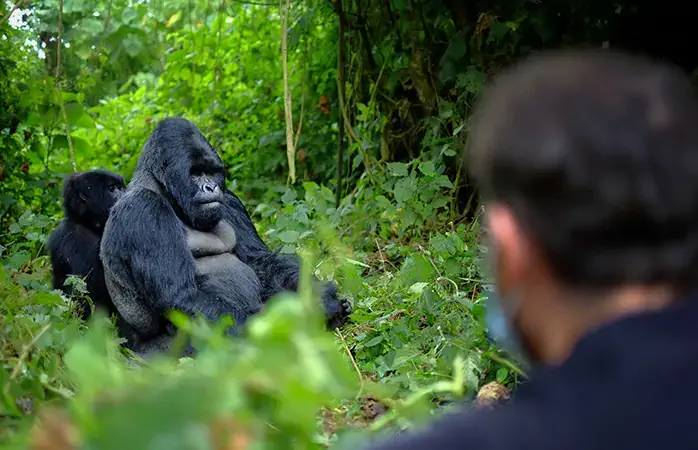
The mountain gorilla, one of Rwanda’s most famous citizens
Rwanda, also known as the Land of a Thousand Hills, is famous for its majestic forests and some of the world’s last remaining mountain gorillas. The country has high ambitions when it comes to transitioning from an agriculture-based economy to a knowledge-based one – and at the heart of this change is a proactive approach to environmental challenges.
In 2008, Rwanda banned the use of non-biodegradable plastic bags and packaging materials. Rwandans use only bags made of paper, cloth, banana leaves and papyrus. This made Rwanda one of the cleanest African nations. This law also prohibits the import of plastic bags, meaning tourists are subject to searches and if any plastic bag or packaging is discovered, it will be confiscated. Tourists are also urged to dispose of all litter responsibly.
For tips on what to do in Rwanda, check out our guide to Africa’s newest sustainability star.
Read more: tips on reducing use of plastic while travelling
Norway – country of the future
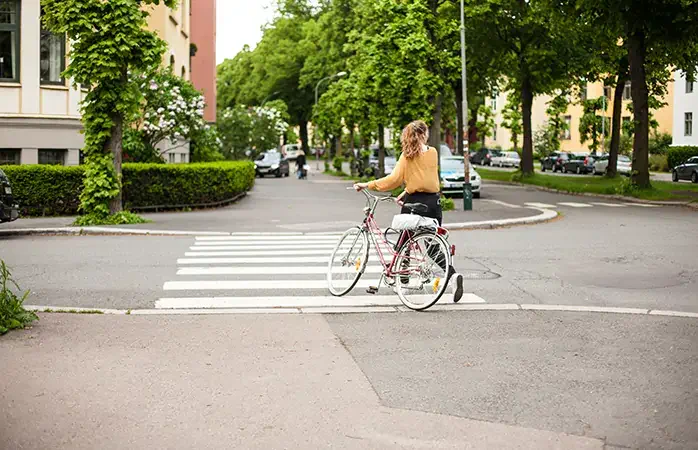
Norway’s focus on sustainability is seen at every step in Oslo
Norway usually scores high when it comes to sustainability. Whether it’s due to its clean energy coming from hydropower plants, the staggering amount of electric cars or the focus on developing electric planes that could cover all domestic flights, this Scandinavian country is at the forefront of sustainability.
In 2018, plans to build a new sustainable city from scratch next to Norway’s busiest airport were announced. The goal is to build a city, Oslo Airport City (OAC), that will be powered entirely by self-generated renewable energy, and should it generate an excess, it will be used at the airport to de-ice planes.
Additionally, this new city will be extremely walkable and the city centre will be entirely car-free. The city will be served by driverless electric cars and it will make use of auto-lighting for the streets and buildings, “smart” tech waste and security management. Built around a public park, OAC will be populated by many recreational areas designed to mirror Norway’s love of the outdoors.
Costa Rica – at the forefront of territory conservation
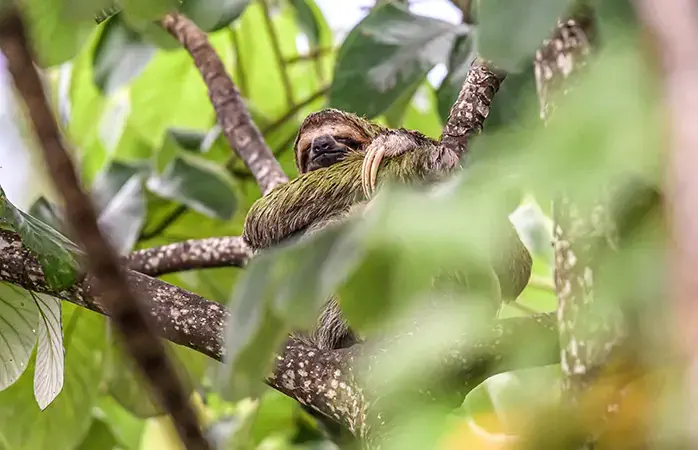
The three-toed sloth is one of Costa Rica’s most beloved animals
In order to respond to challenges arising from population growth, Costa Rica cleared a lot of its forested land during the 1960s to make room for crops such as bananas, coffee beans and sugar canes. A decade later, Costa Rica understood the environmental damage caused by these activities and introduced measures to protect and conserve its territory. It established national parks, promoted ecotourism and encouraged a move toward organic farming.
Currently, around 28% of Costa Rica’s land is protected via national parks, reserves and wildlife refuges – there are more than 100 different protected areas, ranging from rainforests, marshes, coral reefs to volcanoes, waterfalls and various islands. Additionally, the country is home to more than 5% of the world’s biodiversity, even though its area only represents 0.03% of the world’s surface.
Slovenia – a little, but mighty green enclave
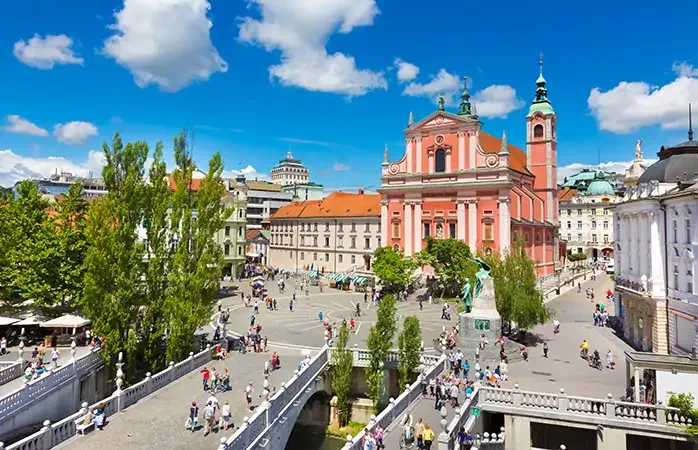
Car-free and bustling with activity: Ljubljana’s city centre
The year 2017 was declared the International Year of Sustainable Tourism for Development by the United Nations. Countries all over the world participated in this project, yet in order to be mentioned, each country had to live up to several sustainability indicators. Out of the 100 indicators, Slovenia stole the show with an astounding 96. Some of the things contributing to the country’s success are that about 60% of the country is covered in lush forests and there are 20,000 different animals and plants inhabiting the 40 parks and reserves.
Ljublijana, Slovenia’s capital, is also one of the most sustainable cities in the world. Initiatives such as a car-free city centre, zero waste strategy and bottom-up efforts to revitalise parks and abandoned sites have pushed this small city to the top of the sustainability echelons.
Switzerland – leading in global environmental performance
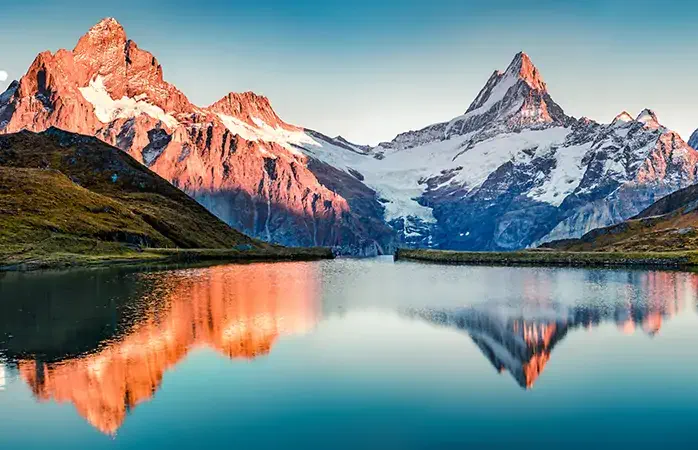
Switzerland has some of the cleanest bodies of waters around the world
Every two years EPI, the Environmental Performance Index, ranks the environmental performance of each state’s policies. According to the latest ranking (2018), the country with the highest EPI score is Switzerland.
EPI ranks countries on 24 performance indicators across ten categories covering environmental health and ecosystem vitality. These metrics provide a measure on a national scale of how close countries are to established environmental policy goals.
Some of the key aspects of Switzerland’s environmental policies are encouraging citizens to consume resources responsibly, giving priority to renewable energy, focusing on reducing greenhouse gas emissions, increasing carbon taxes, prioritising water quality preservation, protecting natural habitats and biodiversity, improving air quality and limiting permanent soil damage.
Bhutan – fighting against overtourism
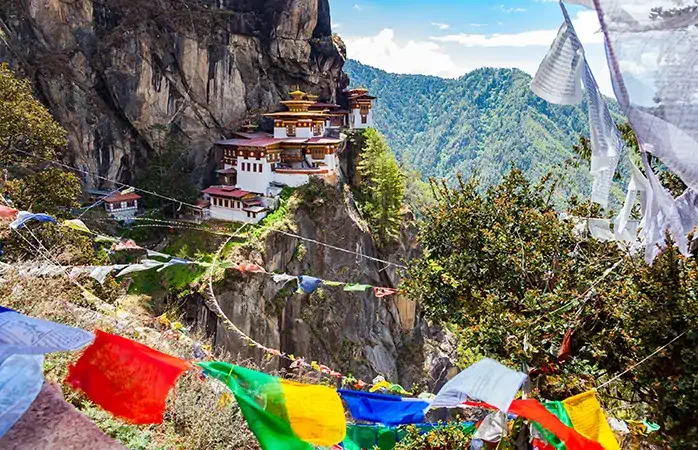
Himalayan Buddhist temple Paro Taktsang
Back in the 1970s, lilliputian country Bhutan understood that an unrestricted flow of tourists could negatively impact its pristine environment and unique culture. That’s why the government adopted its “high value, low volume” policy, which in practice means a daily fee of 250 USD during high season, 200 USD during low season. This fee covers meals, accommodation, land transport and a daily trip concierge.
Additionally, there’s a requirement to pre-book trips with government-accredited travel agencies. Group tours are mostly made up of 5-10 people guided by certified local guides who also double as the trip concierge. This means that the visitors get a highly customised trip (you can opt to sleep in a rustic farmhouse one day, and the next at an exclusive resort), while the country manages to welcome tourists in a way that contributes to the nation’s socio-economic development.
France – food sustainability model
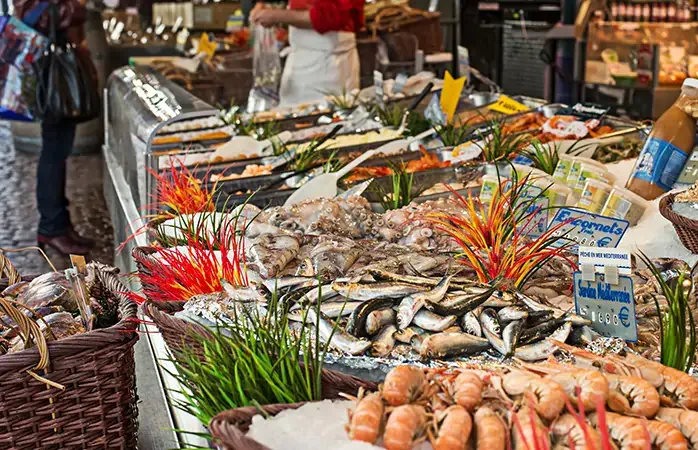
The soul of French cuisine: traditional farmer’s markets
In 2016, France made headlines around the world when it became the first country to ban edible food waste from supermarkets, forcing stores to instead donate food to charities. Restaurants above a certain size are also obliged to recycle leftover food and must offer “doggy bags” to customers if they request them. This is no easy quest in a country where gastronomic traditions are held sky-high.
The Food Sustainability Index ranks 67 countries on food system sustainability across three categories: food loss and waste, sustainable agriculture and nutritional challenges. It will come as no surprise that France ranks as number one. With successful projects such as EPODE – Together Let’s Prevent Childhood Obesity and the agro-ecology project, France is at the forefront of food sustainability.
Austria – organic farming pioneer
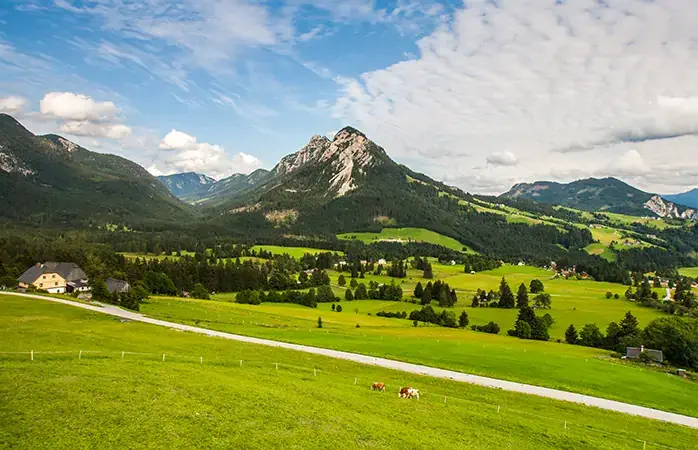
A farm holiday doesn’t sound so bad when you get this view
The concepts of organic farming were developed in the early 1900s and were based on beliefs that use of animal manures, cover crops, crop rotation and biologically-based pest controls resulted in a better farming system. Today, organic farming has gained momentum and sales of organic food are on the rise.
Globally, 1.4% of farmland is organic, yet many countries have higher percentages. Austria is one of them, with a share of 24%. This little country located in the Alps has a long history when it comes to organic farming.
Based on the findings of the famous Austrian researcher Rudolf Steiner, the first organic farm in the world was registered in Austria in 1927. Throughout the second half of the 20th century, guidelines, subsidy programs and organic associations were established, and in the mid-1980s Austria became the first country in the world to introduce national regulations for organic farming, ten years before the first regulations from the European Union.
If all of this sounds exciting, why not book a farm holiday at one of Austria’s organic farms?
Hong Kong – sustainable transport hero
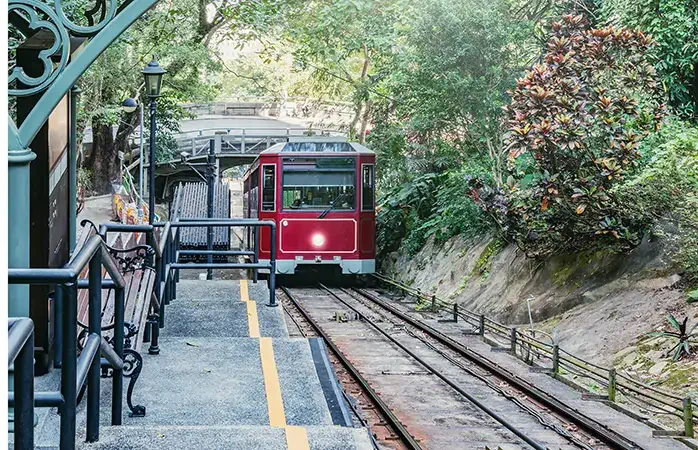
Hong Kong boasts one of the best urban transport networks in the world
Transport – primarily involving road, rail, air and marine transportation – accounts for 24% of global CO2 emissions. Consequently, many countries are taking a hard look at what can be done to lower emissions from this sector.
Public transport can move people around much more efficiently than private vehicles. Some cities have understood this and invested heavily in an efficient, sustainable and reliable transport system. When leading global design & consultancy firm Arcadis set out to map out the world’s urban transport systems, they looked at 100 cities through the lens of three pillars: People, Planet and Profit.
Hong Kong made it to the top position due to its innovative and well-connected transport network, which handles 12.6 million passenger journeys every single day. Less than one fifth of residents own a car and public transport is relatively cheap compared to other cities. Some of the aspects that pushed Hong Kong to the top are: a modern and efficiently funded metro system, high share of trips taken by public transport, digital capabilities, wheelchair access and affordability.
Don’t leave just yet …
- We sat down with Elizabeth Becker, New York Times correspondent, to learn about overtourism.
- Learn how you can find sustainable flights and how you can make your hotel stay more eco-friendly.

